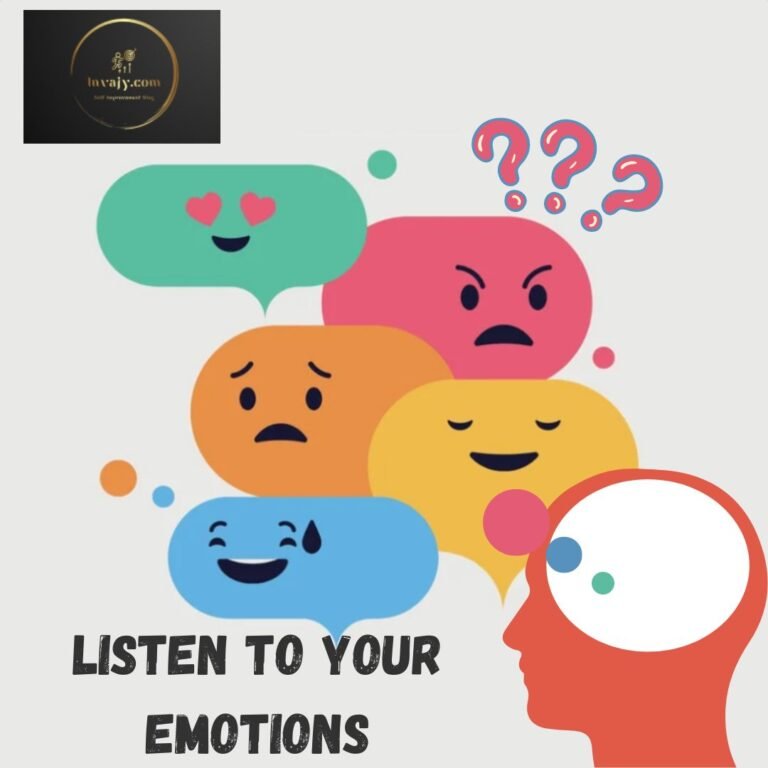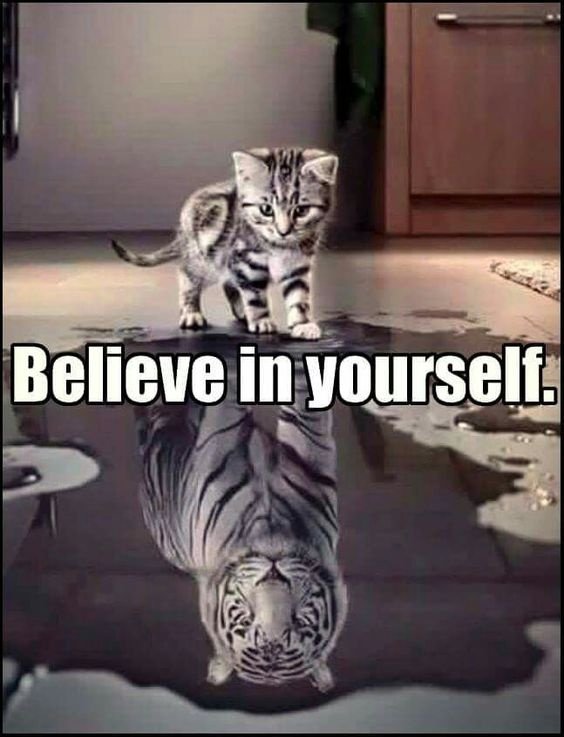The Power of Mental Detox for Enhanced Well-being
Refresh your mind with a Mental Detox. Explore techniques and tips to clear mental clutter, reduce stress, and rejuvenate your mental well-being for a more focused and balanced life.

In a world filled with constant stimulation and information overload, your mind can easily become cluttered and overwhelmed. Just as your body require detoxification to stay healthy, your mind also need regular cleansing to maintain optimal well-being. Enter the concept of mental detox, a practice that allows you to declutter you minds, re-center your thoughts, and cultivate a sense of inner peace. In this article, we will explore the power of mental detox and provide you with practical tips to embark on this transformative journey.
Understanding Mental Detox
Mental detox is the process of consciously eliminating negative thoughts, emotions, and mental patterns that hinder your well-being. It involves stepping away from the chaos of daily life, creating space for self-reflection, and adopting habits that promote mental clarity and positivity. Just as a physical detox removes toxins from your body, a mental detox helps you clean your mind and get rid of mental and emotional baggage.

Benefits of Mental Detox
Mental detox is essential for several reasons and plays a significant role in maintaining your overall well-being. Here are some key reasons why it is important to engage in regular mental detox:
Clearing Mental Clutter
Your minds accumulate a great deal of clutter over time. Negative thoughts, worries, regrets, and unresolved emotions can build up and cloud your thinking. Mental detox allows you to clear this clutter, creating space for more positive and constructive thoughts. It helps you to empty your cup, allowing you to refill.
Improved Cognitive Function
When your mind is cluttered and overwhelmed, your cognitive function and decision-making abilities may suffer. Mental detox enhances mental clarity, focus, and cognitive performance. It allows you to think more clearly, make better decisions, and improve problem-solving skills. You can better prioritize your thoughts and tasks, leading to increased productivity and efficiency.
Reduced Stress and Anxiety
Chronic stress and anxiety has a detrimental impact on your mental and physical health. Mental detox helps you identify and release sources of stress and anxiety. By letting go of negative thoughts and emotions, you create room for calmness and tranquility.
Improved Emotional Well-Being
Negative emotions can weigh you down and impact your quality of life. Releasing pent-up emotions and negative patterns allows you to cultivate positive emotions such as gratitude, joy, and compassion. Mental detox enhances your emotional resilience and promotes a healthier outlook on life.
Increased Self-Awareness
Self-awareness is the foundation of personal growth and development. Through mental detox, you gain a deeper understanding of YOU, including your patterns of thinking, emotional triggers, and limiting beliefs. This self-awareness empowers you to make conscious choices and positive changes in your life.
Practical Tips for a Mental Detox
With the age of technology, social media, and on-the-go mindsets, achieving true peace-of-mind, where you feel rested and renewed, can feel extremely difficult. Here are the practical tips for Mental Detox helping you cleansing and decluttering your mind.
Unplug from Technology
Technology and social media are two of the biggest culprits in the cluttering and disorganization of your mind and your attention when learning how to go on a true mental detox. Take regular breaks from technology, such as phones, social media, and emails. Set aside dedicated time each day to disconnect from screens, social media, and digital distractions. Instead of endlessly scrolling through Instagram Reels, YouTube Shorts or Twitter, log off and appreciate what’s around you. Use this time for reading books, mindfulness practices, journaling, spending time in nature, or pursuing hobbies.
Practice Mindfulness and Meditation
Find a quiet place to sit and practice mindfulness. Mindfulness helps you become fully present in the moment, observing your thoughts and emotions without judgment. Engage in meditation, focusing on your breath or using guided meditation apps. Meditation is an effective tool for quieting the mind, reducing stress, and promoting mental clarity.

Engage in Creative Outlets
Find creative outlets that allow you to express yourself, such as painting, writing, playing music, or crafting. Engaging in these activities can be therapeutic, providing a sense of joy and mental rejuvenation.
Journaling
Writing down your thoughts, feelings, and experiences can be cathartic. Use a journal to release negative emotions and gain insights. Regular journaling can help identify recurring patterns and promote self-reflection. Grab a piece of paper, open a journal, or tap the notes app on your phone and write down whatever comes to mind. Write down everything and anything that comes to mind. We have written a detailed article on Brain Dumping, which will help you clear your head and put it all on paper.
Engage in Physical Activity
Move your body. Engage in regular physical exercise, such as walking, running, yoga, or dancing. Even doing a few stretches on your living room floor will be good. Exercise helps release endorphins (the happy hormone), reduce stress, and boost overall well-being. It also provides a mental break and a space for introspection.

Practice Gratitude
Cultivate a gratitude practice by regularly reflecting on and expressing appreciation for the positive aspects of your life. This practice shifts your focus towards positivity and fosters a more optimistic mindset. Gratitude bring your mindset to state of abundance from the state of lacking and missing. The lacking and missing feeling are biggest source of negative emotions making your brain clutter. You may start keeping gratitude journal and make it part of your daily morning routine.

Deep Breathing and Relaxation Techniques
Practice deep breathing exercises to calm your mind and body. Box breathing, belly breathing, or 4-7-8 breathing can be Explore relaxation techniques like progressive muscle relaxation, guided imagery, or aromatherapy. These techniques help reduce stress and promote a sense of relaxation.

Surround Yourself with Positivity
Evaluate the people, media, and environments that influence your mental state. Surround yourself with supportive, positive individuals, and limit exposure to negative influences. Stop reading or watching negative news. Stay away from toxic people. Spend time along with people who help you be the best version of yourself.
Set Boundaries and Prioritize Self-Care
Set your boundaries. Learn to say NO to excessive commitments and obligations that drain your mental energy. Prioritize self-care activities, such as taking breaks, getting enough sleep, and engaging in activities that bring you joy, relaxation and rejuvenation. This can include taking relaxing baths, reading uplifting books, practicing self-compassion, or engaging in hobbies you enjoy. You can engage in any kind if activity that nurture your mind, body, and soul.
Wrapping Up!
Embarking on a mental detox journey is a powerful step towards reclaiming control over your thoughts, emotions, and overall well-being. By intentionally decluttering your mind and adopting healthy habits, you can cultivate mental clarity, reduce stress, and create a positive mental environment. Make mental detox a regular practice, and watch as it transforms your life, allowing you to thrive in today.
Thank you for reading this. Over to you now, please let us know your views on mental detox? How do you cleanse your mind? Share your experiences in the comment section, they are much appreciated.
If you have liked this article on “mental detox” please share it with your friends and relatives at your favorite social networks.






